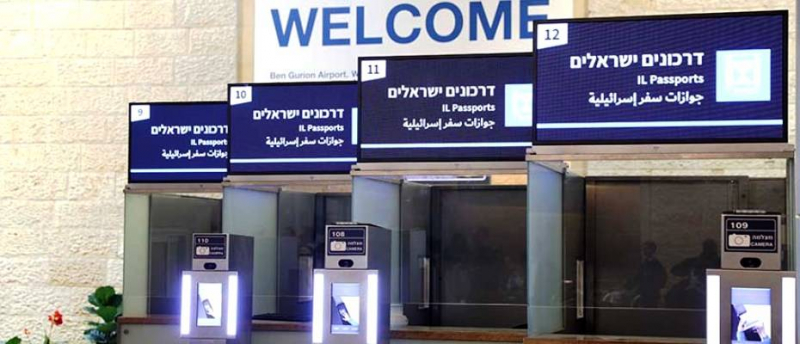ETA is introduced for citizens of those countries with which the visa-free regime is in effect

Israel in 2024 will introduce electronic entry permits for citizens of those countries with which the visa-free regime operates, including Russia, the introduction of permits is tentatively scheduled for June 1, 2024, the Ministry of Tourism of the country reported on Friday.”In 2024, the Israel Population and Migration Authority will introduce an electronic entry permit system – Electronic Travel Authorization (ETA), which implies that travelers will need to request permission to enter the country in advance. The changes will affect tourists from those countries with which the visa-free regime is in effect. An approximate date has been set for June 1, 2024, when the project will be extended to all countries with which the visa–free regime is in effect, including the Russian Federation. Until then, the old rules of entry will apply,” the message says.As the Ministry of Tourism emphasizes, ETA is not a visa, the visa-free regime agreement between Israel and the Russian Federation will continue to operate. An electronic visa will be introduced for the countries with which the visa regime is established.”ETA applications will be submitted online. Russian citizens will have to attach a foreign passport with a validity period of six months from the date of departure from Israel, round-trip air tickets, travel medical insurance, and details of an upcoming trip to the Holy Land to the application. Consideration of the application for an ETA will take up to 48 hours,” the message says.According to the Ministry of Tourism, the cost of the ETA will be 25 shekels per person (approximately 618 rubles). The entry permit will be valid for two years. In case of refusal of entry, a 24-hour contact center will operate to provide explanations. Parents will be able to apply for an ETA on behalf of their children.The Ministry of Tourism clarifies that with a printed ETA document, tourists will be able to use electronic terminals at the border, bypassing the personal control of the border service.


